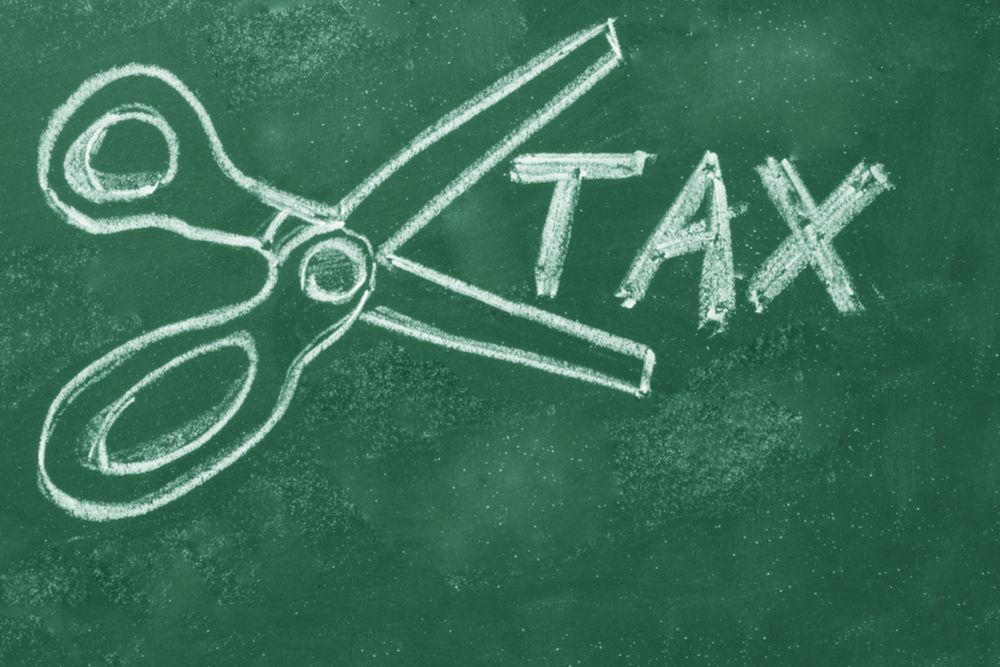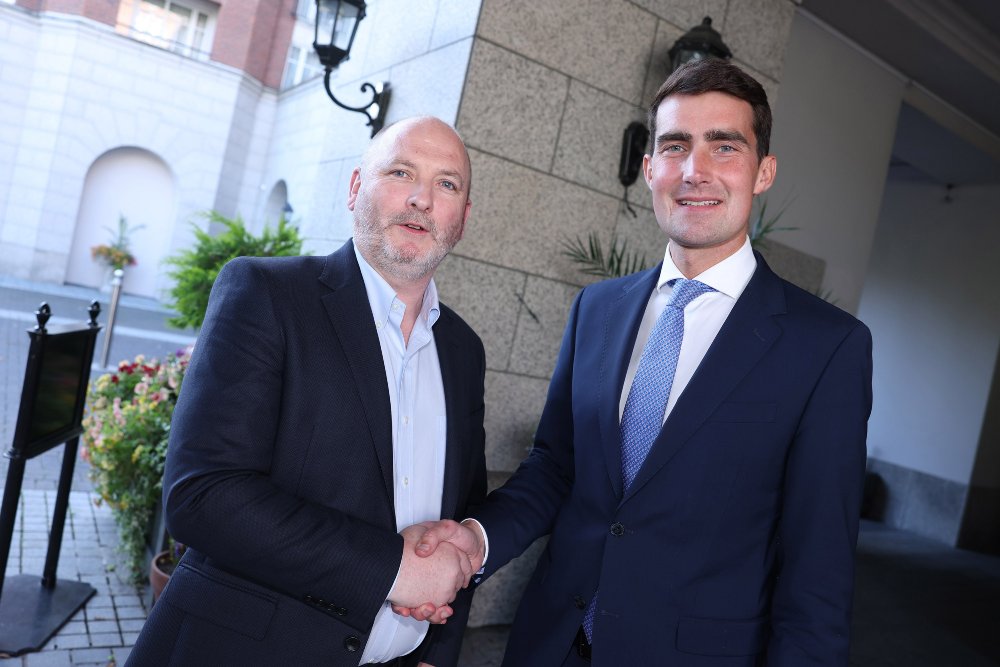What will Budget 2025 do for Irish workers? Doone O’Doherty, Workforce Tax Partner at PwC looks at what may be up Finance Minister Jack Chambers’ sleeve.
Aside from tax adjustments to address wage inflation, Minister Chambers is expected to deliver targeted and sustainable tax cuts and spending in the forthcoming Budget 2025.
The Budget will feature an €8.3 billion package, with €1.4 billion allocated to taxation measures. While these funds offer opportunities to enhance household finances, most will address wage inflation.
“Workers, especially those in the ‘squeezed middle’ income brackets, expect the Government to provide tax relief. This relief is crucial to help combat the ongoing cost of living pressures”
The Minister faces the challenge of balancing taxpayer demands with warnings that a giveaway Budget could overheat the economy.
Workers, especially those in the ‘squeezed middle’ income brackets, expect the Government to provide tax relief. This relief is crucial to help combat the ongoing cost of living pressures.
Income tax rates and bands
We expect another €2,000 increase in the income tax standard rate band to €44,000, at which income becomes taxable at the 40% rate. This would cost €500 million for a full year. Additionally, we anticipate a 0.5% cut in the 4% Universal Social Charge (USC) rate, costing €230 million for a full year.
While increasing the standard rate cut-off point to €50,000 and abolishing USC entirely have been previous election promises, neither is likely within the lifetime of the current Government.
Income tax credits and benefits
To address wage inflation and protect against the erosion of salary increases from additional taxes, the Government will likely focus on increasing the main tax credits to ensure that cost-of-living adjustments are not diminished. These include employee, personal, earned income and home carers’ credits. A proposed ‘youth tax credit’ of €750 for individuals under 25 has also been suggested. Enterprise Minister Peter Burke claims this credit will cost €100 million annually and help Ireland retain young talent. However, its potential impact remains uncertain.
Cost of living
Following the trends of the last two budgets, several once-off cost of living measures are anticipated, though Minister Chambers has confirmed these will be on a smaller scale than in previous years. A lump sum energy credit to be delivered before Christmas is currently under consideration.
Housing
Budget 2025 is expected to introduce several measures to address the ongoing housing crisis. The Minister for Housing has indicated an increase in the renters’ credit from €750 to €1,000, with reportedly strong support from Minister Chambers. There are also calls to extend the ‘help to buy’ scheme, currently set to expire at the end of 2025.
Despite last year’s controversy, the temporary mortgage interest relief introduced in Budget 2024 will likely be extended. With high interest rates persisting, the Government will likely want to be seen to support homeowners by potentially expanding this relief or extending it into 2025.
Capital Acquisitions Tax
A significant change anticipated in Budget 2025 is the extension of the Group A tax-free inheritance threshold, which applies to transfers from parents to children or vice versa. Currently set at €335,000, this threshold may increase to around €400,000. Tánaiste Micheál Martin has confirmed that a review of inheritance tax is on the agenda for Budget 2025, calling the current system too ‘punitive’. While there have been calls to raise the threshold to €500,000 and reduce the tax rate to 30%, these changes are not expected in this year’s budget.
Attractiveness to overseas talent
Given the importance of multinational companies to the Irish Exchequer, Ireland’s personal tax system must remain competitive globally. The Special Assignee Relief Programme (SARP), currently set to expire in 2025, plays a key role.
Businesses would welcome a commitment in Budget 2025 to extend and enhance SARP. Suggested enhancements include streamlining and simplifying the application process, extending relief to the USC and PRSI where relevant and including new hires transferred to Ireland.
Pensions: auto-enrolment
In 2024, legislation was passed to pave the way for auto-enrolment (AE), where employees not currently in a pension scheme will be automatically enrolled in a new State top-up scheme. AE is expected to go live sometime in 2025, although a delay until late in the year is being considered due to overall cost pressures on employers.
Retrofitting and decarbonisation
Despite concerns about medium to long-term funding, several reliefs are necessary to encourage households to undertake retrofitting activities.
Some options the government might consider to encourage households to undertake retrofitting activities include: stamp duty refunds for residential and commercial retrofitting activities; loan interest relief on mortgages or loans for retrofitting; tax relief incentives for installing home car charging points; a more flexible mechanism for claiming tax back on travel costs for hybrid workers and extending the electric vehicle BIK deduction beyond 2027.
-
Bank of Ireland is welcoming new customers every day – funding investments, working capital and expansions across multiple sectors. To learn more, click here
-
Listen to the ThinkBusiness Podcast for business insights and inspiration. All episodes are here. You can also listen to the Podcast on:
-
Spotify
-
SoundCloud
-
Apple





